

The Tales series has been around for 20 years and has been known for its heavy console ties, so it comes as a bit of a shock that it’s finally made it to PC with the release of Tales of Zestiria.
A mostly traditional Japanese RPG, Zestiria follows hero Sorey—a human with the ability to see the powerful and magical Seraphim—as he becomes the Shepherd and explores ancient ruins to rid the world of evil Hellion beasts and the Malevolence they spread. Like Metal Gear Solid, it’s one of those stories where if you try to explain the complexities to a newcomer they’ll start backing away in fear, but all of that talk of ‘Prime Lords’, ‘Squires’, and misappropriated names from Western fantasy legends will make perfect sense eventually. When you're not untangling the lingo, you spend your time exploring towns and dungeons, taking in a tale filled with melodrama, and smacking bad guys over the head with your sword in realtime battles.
It all gets off to quite a slow start, but the intro to this 40+ hour game is never dull. The opening area feels lush and vibrant despite it actually being quite technically sparse. The bright anime-style and gentle greens of the rolling hills are charming, soundtracked by a score with an infectious sense of adventure. If you played Tales of Symphonia on the Gamecube back when it was hot then the world will instantly feel familiar, as both share a very similar medieval fantasy vibe. If you haven’t? Just trust me, that this is a very good thing.
I found Sorey and his merry band of invisible friends really likeable despite their questionable taste in feathery earrings. The scripting and characterisation for each party member makes each one feel relatable and distinct. Edna the Earth Seraphim, for example, may look like your typical, sweet lolita anime trope, but she’s actually sarcastic and deadpan. She delights in winding up the rest of your little troupe, and feels like a twisted version of Daria. Helpfully, normal humans can’t actually see your Seraphim companions either, leading to some really awkward situations where it just looks like Sorey is babbling to himself. World saviour indeed.
At some points you’ll find yourself having to make some tough decisions, and while they don’t really affect your progress they do feel as though they have consequences in the way they affect your team emotionally. Early on you have to decide if you want to help fix a bridge using your powers in front of a large crowd. Do you risk them fearing you and your ‘monstrous’ abilities, or wait until they’re gone and delay your journey? There’s not a lot of depth to it, but the characterisation is so well done that I couldn’t help but feel emotionally connected to Sorey. I decided to be hasty to help the townsfolk faster, and felt an immediate pang of sadness as they all backed off in fear, leaving Sorey to stare glumly at his feet.
Unlike other JRPGs such as Final Fantasy 7, Zestiria uses action-based combat rather than traditional turn-based battles. It’s surprisingly simple to get with grips with as you use a combination of physical strikes and magical ‘Artes’. While it can seem button-mashy at first, new elements such as Armatization add depth, letting you fuse with a Seraphim partner for increased damage.
Even the equipment system is full of strategic details to exploit. Instead of just swapping out cotton vests for stronger plate mail and the like, you can fuse items together to receive special effects and bonuses. The shiny new amber tiara I picked up about five hours in didn’t come close to trumping my regular ol’ pound shop costume one, as I had already fused it with more useful abilities.
If you don’t like JRPGs then this won’t quite be the game to change your mind, but it’s one of the best in the Tales series.
Despite an engaging story during which I became increasingly attached to Zestiria’s young heroes, the adventure can feel a little clumsy in places. Being a port of a PS4 game, Zestiria is best played on a gamepad as some of the button-mapping on keyboard feels awkward in combat, and the camera can get stuck at inconvenient angles if a fight breaks out near a wall. I also found myself having to awkwardly stand in just the right place to check a monument or trigger a conversation, and it can be hard to figure out where to go next. There’s a star icon to signal important events, but it’ll only appear if you’re in the same map area which isn’t helpful if you need to be in a different zone entirely.
There are also a few points where ‘traditional’ crosses over into just being needlessly old-fashioned. You still need to make use of save points dotted around the countryside, but at least there’s a quick save feature for when you’re really in a pinch. While Zestiria’s dungeons are a huge improvement on previous series instalments (I actually explored things rather than just looking for that one stereotypical dead end that always has a treasure chest at the end of it) areas can still feel like particularly fancy corridors that ferry you between plot points. However the game hides it all well, making up for its weak points by having such fantastic style, and the story is involving enough to forgive any minor discrepancies.
If you don’t like JRPGs then this won’t quite be the game to change your mind, but it’s one of the best in the Tales series. Fans will love the vast improvements on previous entries, and the fact that it shares a similar sense of spirit to that of the legendary Tales of Symphonia (also coming to PC soon, and free with Zestiria if you pre-ordered it). If you’re into the genre but have never played a Tales game before then this is a great place to start.
THE VERDICT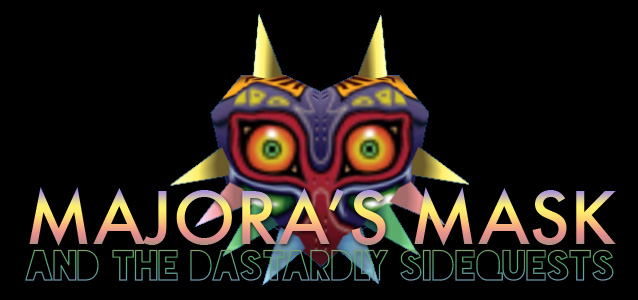
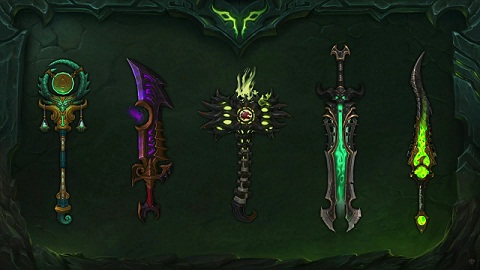


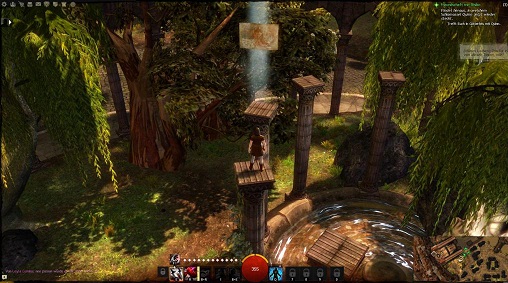 Guild Wars 2: Heart of Thorns beginners guide
Guild Wars 2: Heart of Thorns beginners guide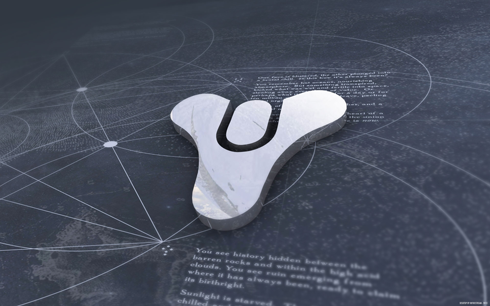 How to use Destiny Currency, Complete Info PS4 Xbox One
How to use Destiny Currency, Complete Info PS4 Xbox One Fallout 4 Mission Guide: Duty of Dishonor
Fallout 4 Mission Guide: Duty of Dishonor God of War Origins Trophies list
God of War Origins Trophies list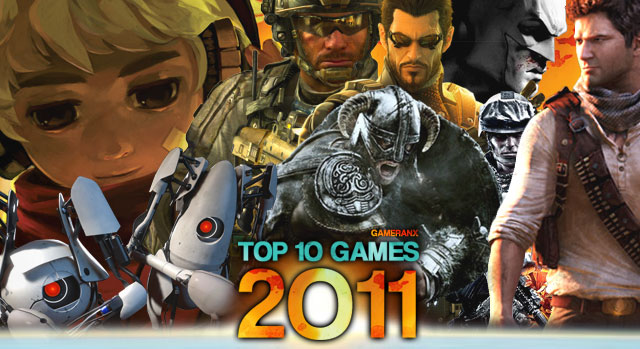 Top 10 Best Games of 2011
Top 10 Best Games of 2011